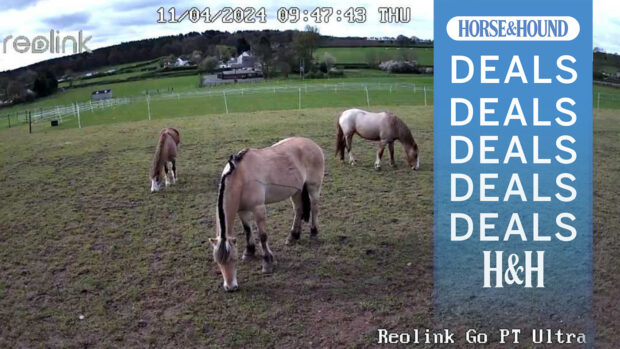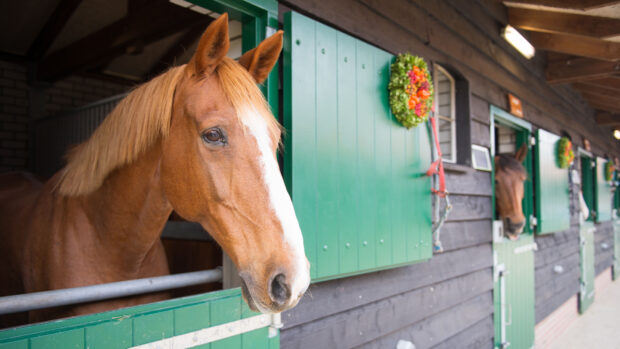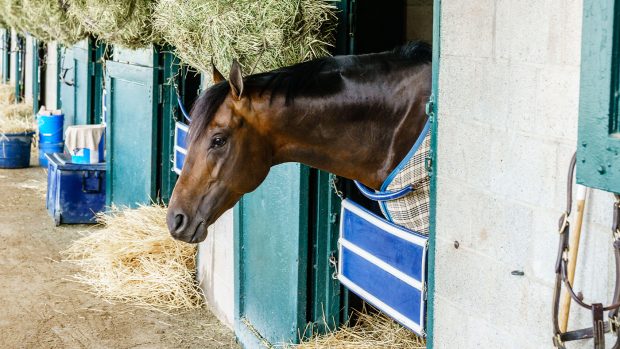Thousands of horse-owners are not paying the correct council tax because of their failure to disclose the use of any equestrian property or facilities to their local councils.
According to the Inland Revenue, many owners could be liable for higher council tax bills or should be paying non-domestic rates for the use of stables on their land.
A spokesman for the Inland Revenue’s valuation office said all stable blocks attract some sort of rateable value — be it domestic or business — but many horse-owners escape payment because the revenue is not aware their stables exist.
His comments come after three Lancastrian horse-owners were hit with a bill for £700 in non-domestic rates.
The amount has now been reduced to £160 each, to be paid by Sharon Monks, Jason Lee and Sandra Parker, but the trio feel they have been charged unfairly.
“The stables’ owner doesn’t take any money from us, but we keep the area tidy for him,” said Mrs Monks. “I really can’t see why we should be paying business rates.”
The friends keep their horses for free in a friend’s stables which have no electricity, water or waste collection.
They were surprised when in December Mr Lee received a bill for £700 from Lancaster City Council, as assessed by the Inland Revenue’s valuation office.
Local councils collect non-domestic rates for the Inland Revenue.
“We called the council to explain that we are not a business and that three of us keep horses here, but they said we still have to pay the business charge,” said Mrs Monks.
“There was a very small riding school here a couple of years ago but they left and, when I was looking for a stable, the owner of the land said we could use the stables, which are at the front of his house.”
A spokesman for the council said it was looking into the case.
But the Inland Revenue told H&H that stables can only be considered as being in domestic use if they are only used by the immediate members of the dwelling to which the stables are attached, and that is why the friends have been charged.
He also said there were many households around the country that are not paying any tax on their stables.
“We are aware that there are a lot of people with stables who are not paying any rates for them, but we are not actively pursuing them unless they come to our notice,” he said. “Each case is different and is taken on a case by case basis.”
Chris Doran of the British Horse Society’s (BHS) approvals office said that taxation of domestic stables is quite a grey area and suggested that BHS members ring the society for advice based on their personal circumstances.
“Probably there are a lot of people who are not aware that they should be paying rates on their stable block, but we really do not want to open a can of worms,” she said.
“Members can get free advice from our taxation expert or contact the Inland Revenue’s valuation office direct.”
This news story was first published in Horse & Hound (6 March, ’08)



